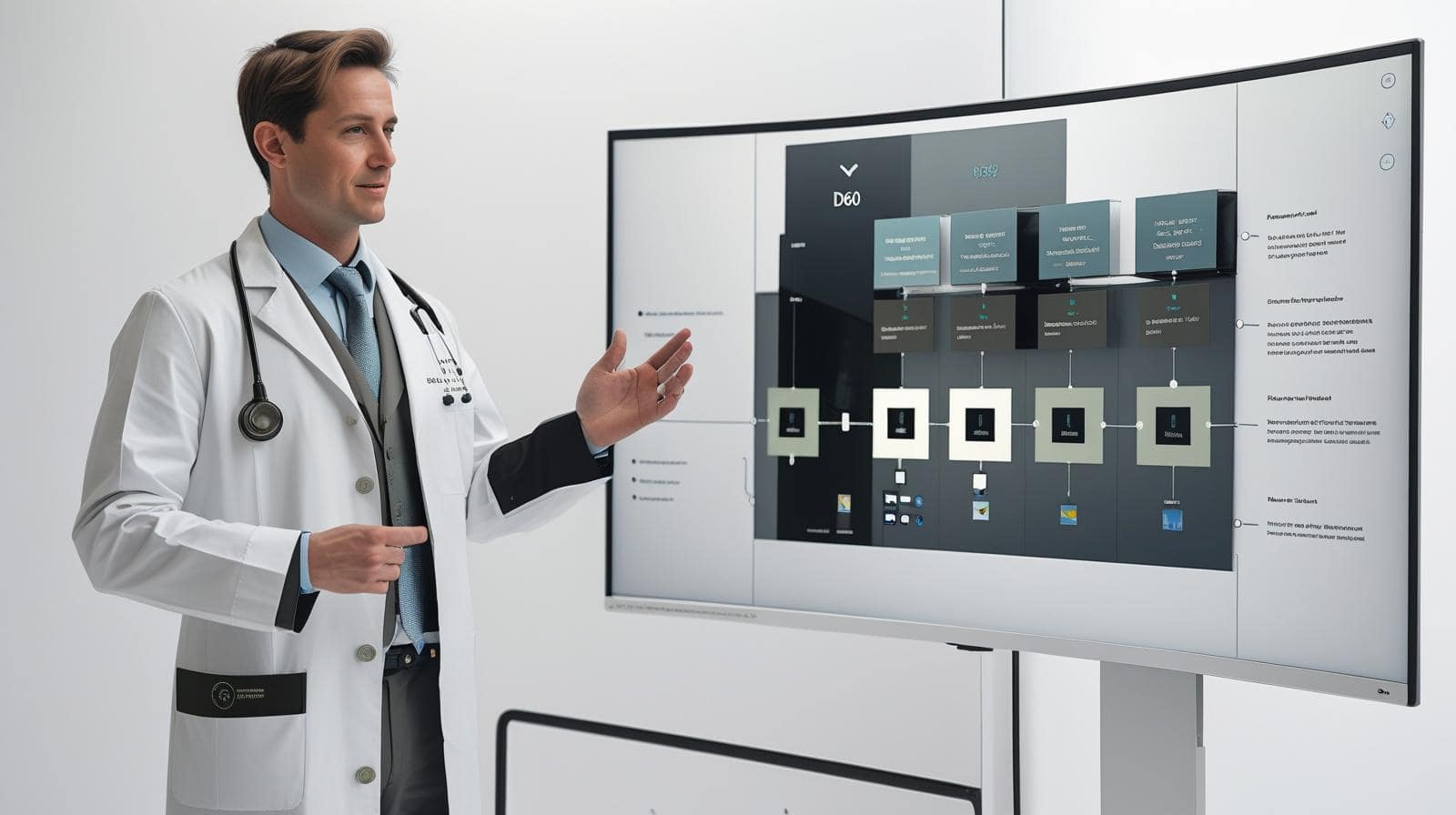Water disinfection
UV-C light has been used since the early 1900s to disinfect water in cities to prevent the spread of pathogenic micro-organisms (such as tuberculosis, measles and now the coronavirus). It is used in water pipes where water has to travel long distances, such as in factories, or for drinking water. In water treated with UV-C light, micro-organisms such as Legionella are rendered harmless without the use of chemicals. Today, almost all water utilities use ultraviolet light to purify drinking water. Ultraviolet light breaks down organic waste products and renders organic micro-pollutants harmless. No harmful residues are left behind in the water, so you can drink it without any health concerns!
Air disinfection
UV-C light is often used in the ventilation of rooms, for the purpose of removing air pollutants from indoor settings. This is done in places such as schools, airports and cinemas, but also in factories and laboratories. UV air purifiers often feature a fan as well as UV-C light. The air is pressed through the unit and ventilated by the chamber with lamps that emit light.
Disinfection of surfaces
UV-C light has also been shown to be effective in the disinfection of non-porous surfaces. Research has proven that, if the right technique is used, UV-C light is not harmful to non-porous surfaces, but it does disinfect them well. By refining the UV-C technique, we have it possible to disinfect medical interests very quickly. UV-C light works by ‘line of sight’, which means that the light must reach a surface to kill the bacteria and other micro-organisms on it. Because the light is effective on its own, no other chemicals are required in the disinfection process. No other substances are added, making this process simple, cheap and very user-friendly, provided it is used in the right way. You can read more about this in ‘Are All UV Products Equally Effective?’.







.jpg)
